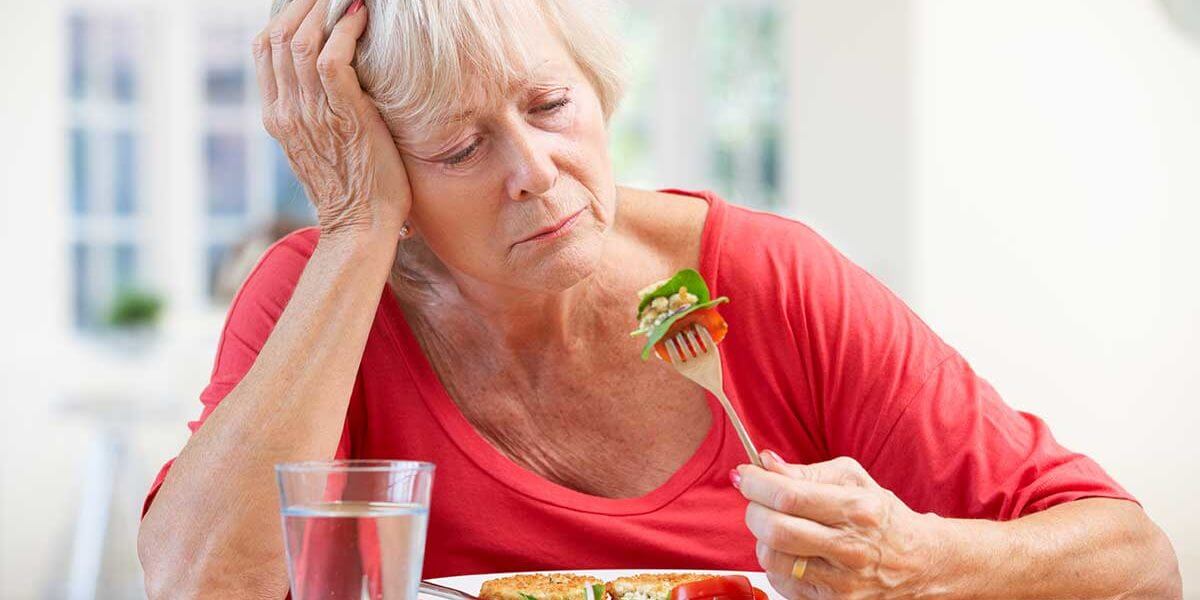With mental health concerns on the rise, so are concerns related to relapses for both addiction and eating disorders. These are uncharted times, and at Crossroads Maine, we want to make sure we are always offering women the help they need in their recovery, no matter the circumstances. Unfortunately, however, relapse is a common concern for those in recovery for an eating disorder. If you believe you or someone you love is in danger of an eating disorder relapse, it is best to know the signs and get help as soon as possible. Please contact Crossroads Maine today at 877.978.1667 to learn about the treatment options available at our residential eating disorder treatment.
Signs of An Eating Disorder Relapse
Research shows that the highest risk for eating disorder relapse can occur in the first 18 months after treatment. But even professionals can’t always predict who is most vulnerable to relapse. The key is awareness. Being aware of your own behaviors in recovery and having a support system that takes notice too can help.
1. Poor Body Image
There is a strong link between body image and self-esteem, or feeling that one’s self-worth is tied to appearance. Other potential signs of relapse may include:
- Poor social relationships
- Slower responses to treatment interventions
- Low motivation to recover during and after treatment
- More eating disorder thoughts and behaviors at the time of discharge
- Losing weight quickly after discharge
It’s okay to seek help if you fear you’re in danger of relapse. Crossroads Maine offers a kind and compassionate environment where women can get the support they need to overcome their eating disorders.
2. Food Fears
Nutrition is a central part of recovery. Having a routine makes it easier to stay on track. However, when you start to skip meals or snacks, or you reduce the size of those meals or snacks, you’re derailing the progress you’ve worked so hard to make. It may seem like no big deal to eliminate one individual item or group of food from your diet. That said, this can cause you to start making excuses for not eating, avoid eating with others, and your weight noticeably changes. In such cases, you may need to be ready to consider additional recovery efforts.
3. Milestone Transitions
You and your loved ones must be aware that certain times and experiences may make you more vulnerable to relapse. These could be events such as:
- Starting or ending school
- Starting a new job or leaving an existing one
- Moving
- Pregnancy and motherhood
- Health-related weight gain
- Injuries
- Traumatic events
While these events can be incredibly exciting, they may also put you at risk for a relapse. In some cases, careful monitoring of the situation can ensure that you do not slip back into an eating disorder. However, if you feel yourself facing a setback, you can always reach out to Crossroads Maine.
What Defines a Relapse?
To fully understand what it is to relapse, it’s essential to outline the different ways someone can relapse. Depending upon the severity of the relapse from the eating disorder, various interventions are necessary, including going back to inpatient treatment.
Lapse
In recovery, this is the most common. A lapse is a slip or an isolated incident. In these cases, it is essential to acknowledge the lapse and what contributed to it. The hope is that you can learn from the episode and handle the following situation differently. With the proper attention, you can address and control a lapse reasonably quickly.
Relapse
Unlike a lapse, this is a more extended episode or period with symptoms, where the individual struggles to get back on track. This situation might happen during a time of stress or transition. It would be best if you tried to meet this with increasing support and structure for the individual. You may require an extra meeting with the dietitian, therapist, or family therapist. You may also want to access supported dinners for a week.
Collapse
If it comes to this, it means that the individual has not been able to contain the relapse. They may need a higher level of care to manage worsened symptoms with more consistent support.
Contact Crossroads Maine to Learn More
At Crossroads Maine, the Back Cove women’s residential program, our residential treatment program in Portland, Maine, is specifically designed for women struggling with co-occurring eating disorders and substance use disorders. In addition, our eating disorder outpatient program is available for those solely struggling with eating disorders. Whatever your struggles might be, we’re here to support you from day one through your entire lifelong recovery journey. Call us at 877.978.1667 to reach out to the caring treatment team today. We’re here to help.


















